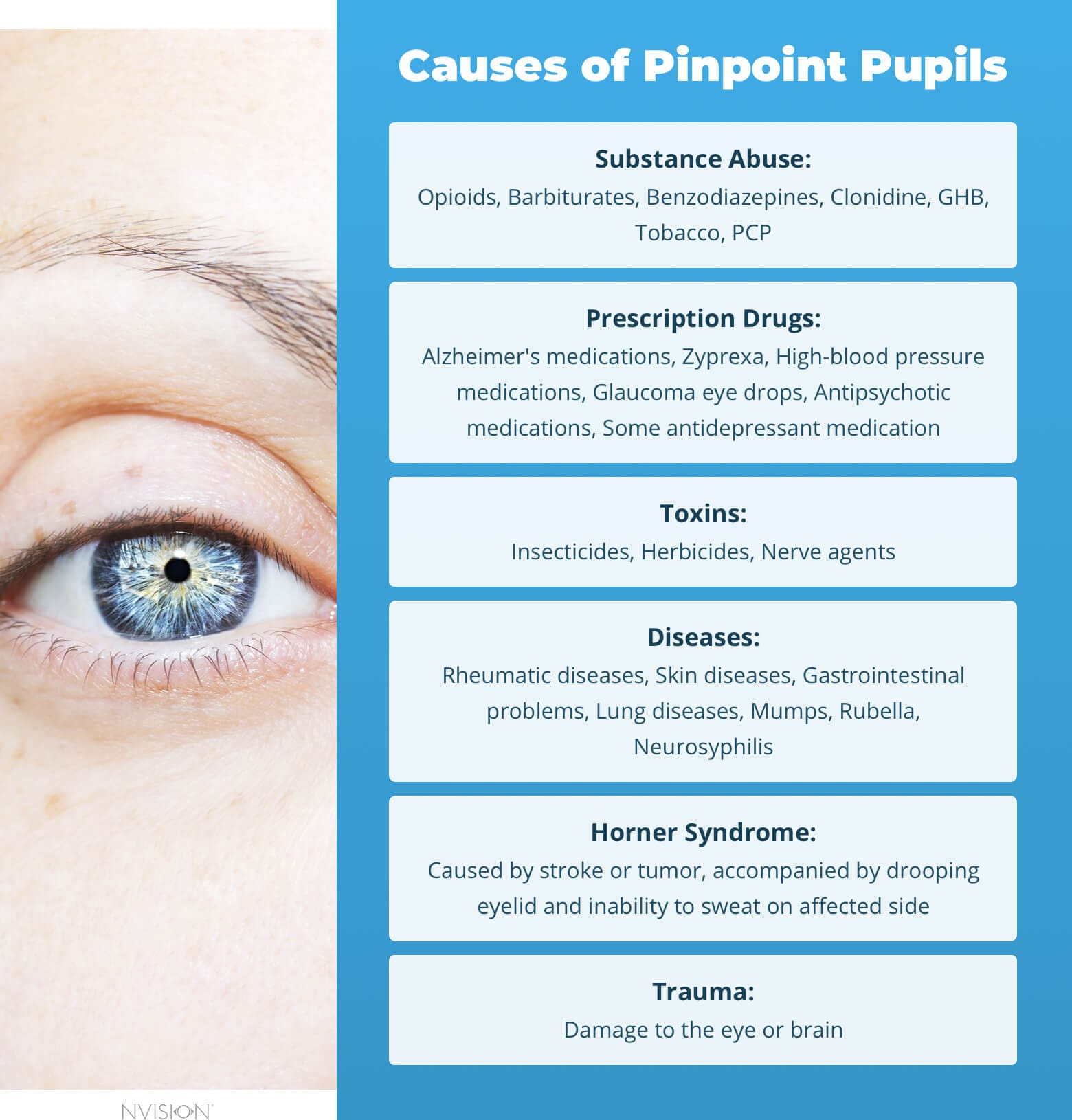
There's no cure for Adie's pupil or Adie's syndrome. Generally, the cause of Adie's tonic pupil is unknown but in some cases, it may be associated with trauma, surgery, poor blood circulation or infection. (When this occurs, the condition is called Adie's syndrome.) The pupil abnormality may be accompanied by poor or absent tendon reflexes. Adie's pupilĪlso called Adie's tonic pupil or tonic pupil, this is a rare neurological disorder where one pupil is larger than normal and is slow to react to light or does not constrict at all. The condition resolves and the pupil returns to normal size and functioning without treatment. In one study, the median duration of the episodes was 12 hours (some lasted much longer) and the median frequency was two to three episodes per month.

Young women who are prone to migraine appear to have the highest risk of benign episodic unilateral mydriasis. This is an unusual but harmless condition where a person experiences sporadic episodes of one pupil suddenly becoming dilated, often accompanied by blurry vision, headache and eye pain.

However, these substances do not cause your pupils to dilate.Ī number of illegal drugs used for recreational purposes, however, cause dilated pupils and slow your eyes' ability to react to light. This effect can last two hours or longer after drug ingestion. Research has shown that alcohol and marijuana - separately or in combination - can reduce your eyes' ability to recover from exposure to a bright light source (such as oncoming headlights at night) and adapt to changing light conditions. This is why you see physicians checking an athlete's pupils with a penlight following head trauma sustained during sports competitions, or when a patient arrives at a hospital emergency department with other possible stroke symptoms. SEE RELATED: One pupil bigger than the other Brain injury or diseaseĪ head injury, stroke or brain tumour can affect how your pupils react to light and cause dilated pupils. Sometimes, this sort of injury can occur during an eye surgery, such as a complicated cataract surgery or a corneal transplant. The following prescription and non-prescription medicines can cause your pupils to dilate and affect their ability to react to light:īotox and other medications containing botulinum toxinĪtropine (used for myopia control and other medical purposes)Ī serious, penetrating eye injury can damage your iris and cause the pupil of that eye to become dilated and irregular in shape. Here are some of the most common ones: Medications There's a wide variety of things that can cause dilated pupils. Anisocoria is benign and affects about 20 percent of the population. A large pupil that is completely unresponsive to light is called a "fixed" dilated pupil.ĭilated pupils aren't the same as anisocoria, which is a common condition where both pupils react normally to light but differ in size by about a half millimetre or more.


 0 kommentar(er)
0 kommentar(er)
